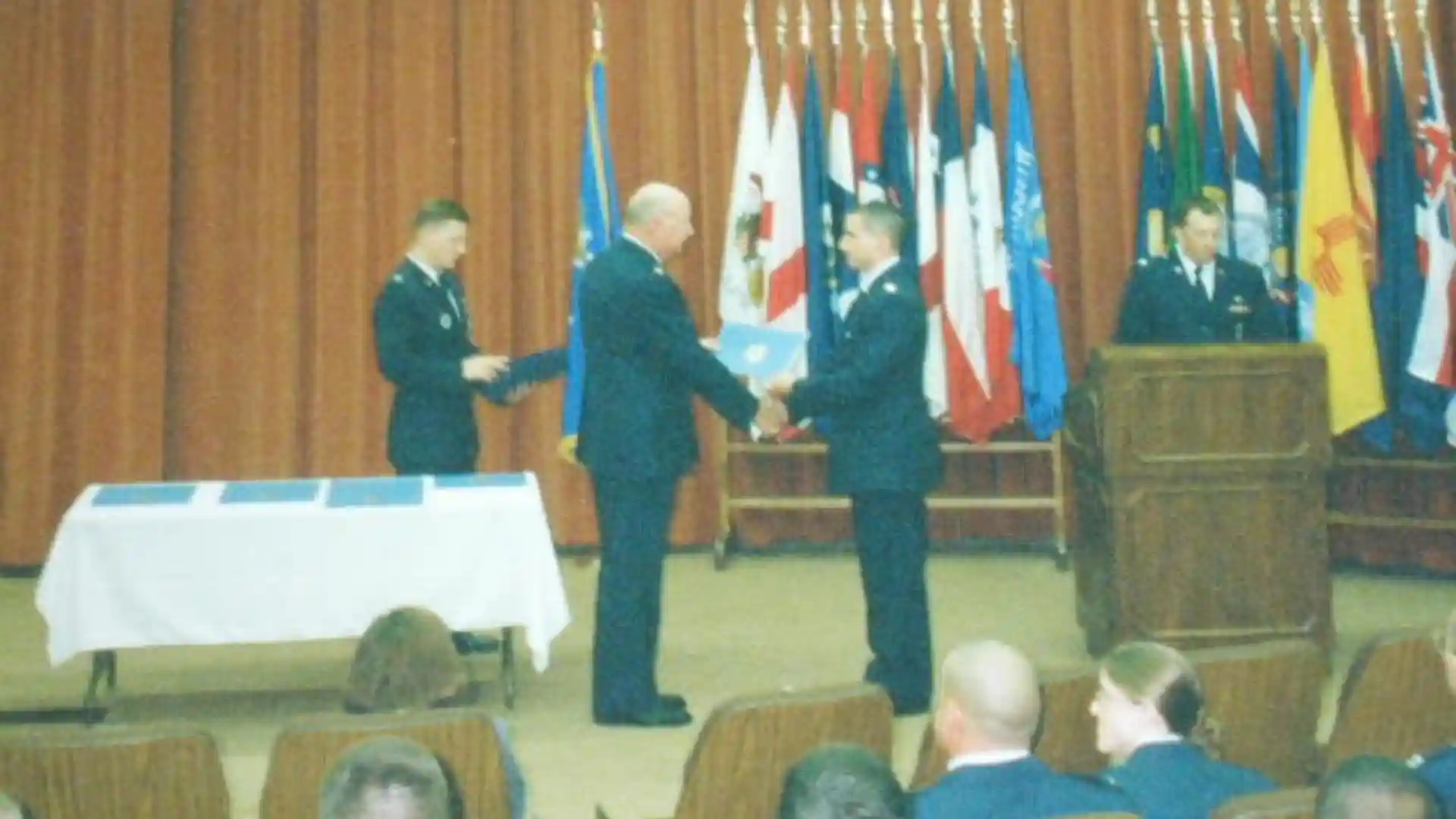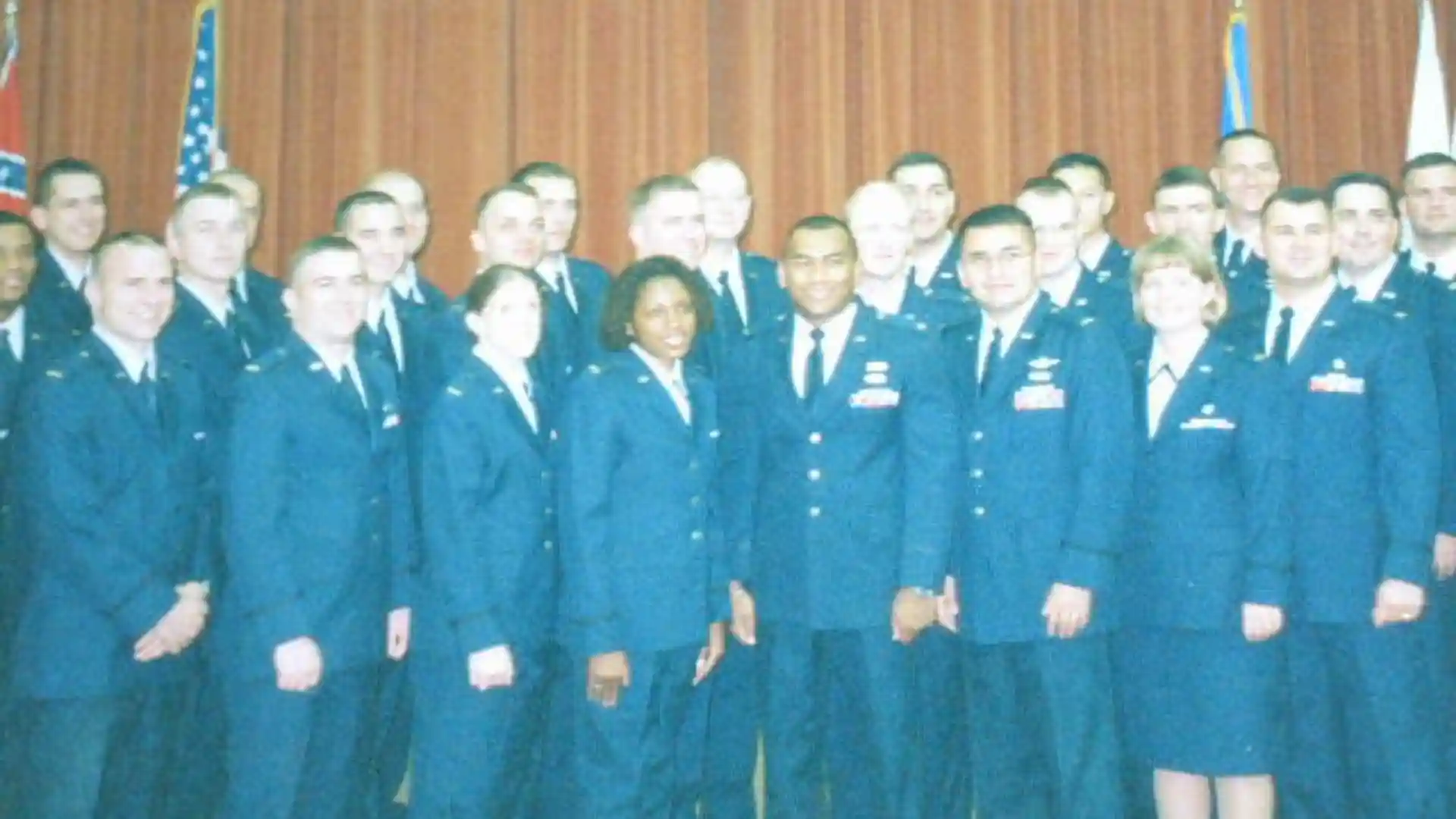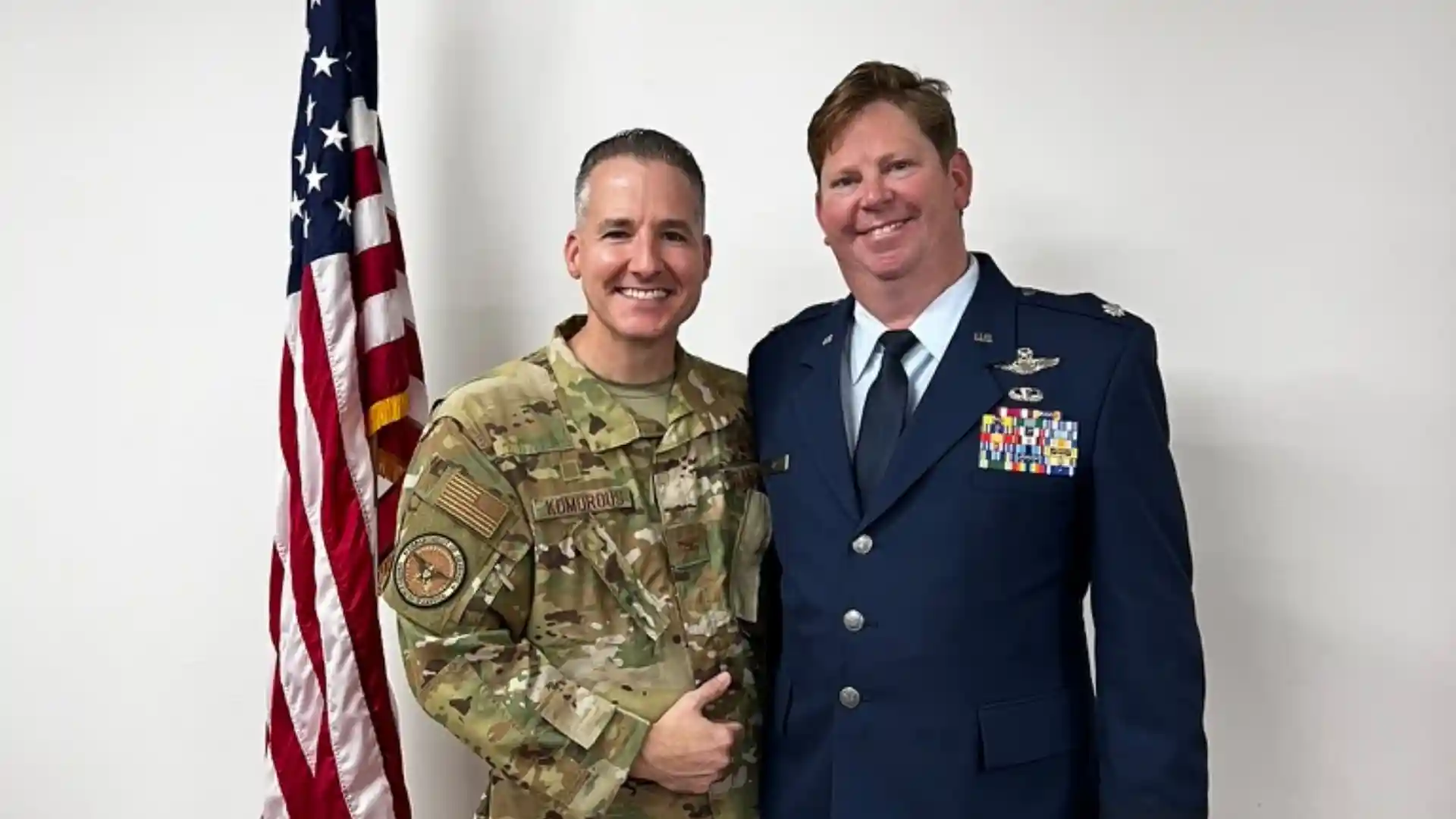In today’s Navy, training must change with the times. We face more complex missions and rely on new technology every day. The old classroom style still matters, but it’s not enough on its own. That’s where the Navy Training Podcast comes in — bringing training straight to sailors, anytime, anywhere.
One standout is Voice of Valor. It’s not just another podcast. It’s a smart training tool, a place for mentorship, and a way to learn from real-world stories. It’s made for active-duty sailors, reservists, and even those just thinking about joining. The goal? Mission readiness.
This article shows how Voice of Valor builds better sailors. It teaches core skills, prepares them for all kinds of missions, and encourages lifelong learning in today’s fast-moving Navy.
Table of Contents
ToggleCore Skills for Operational Excellence
You can’t do your job well if you don’t master the basics. That’s true for every sailor. The Navy expects a lot — from ship handling to clear communication. You have to be sharp and steady, especially when things get tough.
The Voice of Valor podcast understands this. That’s why it covers the core skills all sailors need. Whether it’s working a line or passing a message, the show helps you stay mission ready. I remember being on my first deployment, struggling to track a repair checklist under pressure. It was a senior petty officer’s calm voice that helped me reset and push through. That early lesson in basics stuck with me.
Tactical Training and Real-World Application
One thing I love about this podcast is how it connects book knowledge to real missions. You’re not just hearing facts — you’re getting stories from the field.
In one episode, they talked about a big naval exercise in the Pacific. It broke down the planning, the steps during the mission, and what they learned after. I remember doing a similar drill early in my career. That story took me right back. I had made a bad call under pressure, but my team helped recover. I grew from that — and this episode showed others how we all learn.
The podcast helps listeners ask themselves, “What would I do in that moment?” It turns listening into learning. And that’s how you grow — by thinking through the hard stuff.
Building Confidence Through Scenario-Based Drills
Confidence is what helps you act fast. You don’t get that from reading alone. You need drills that feel like the real thing.
Voice of Valor walks through mock events that test your training. They talk about fires, flooding, submarine threats — and how sailors respond. These drills, and the stories about them, help listeners build the mindset needed for action.
They don’t just describe the drills. They explain what went right, what didn’t, and what to change. When I was a young airman, I once froze during a fire drill. It shook me. But with feedback and practice, I got better. The show reminds us that training is where you fail safely so you succeed later.
Preparing Sailors for Every Mission
Missions today aren’t one-size-fits-all. Our Navy helps in combat, relief efforts, and even cyber defense. Voice of Valor keeps pace by covering all these roles. It helps you think bigger and prepare smarter, no matter what your assignment might be.
Leadership and Decision-Making Under Pressure
Leadership is everyone’s job now — not just the officers. Whether you’re in charge of a watch team or dealing with a real crisis, you need to lead.
This podcast shares stories from sailors who’ve been tested. They talk about how they made decisions, mentored others, and stayed calm. One story really stuck with me. It was about a chief during a high-risk joint mission. He had little info, but had to act fast. He leaned on his team, adjusted the plan, and got results. That kind of leadership comes from experience — and from learning through others.
Technical Proficiency in Modern Naval Systems
The Navy is packed with tech now — radar, cyber tools, AI systems, and more. You have to keep learning or fall behind.
Voice of Valor makes the hard stuff easier. In one episode, they walked through how phishing attacks happen. They showed how systems react and how teams fix it. I’ve sat through long PowerPoints on that same topic. The podcast covered it better — shorter, clearer, and real.
They also talk about new tools like drones and AI. If you’re curious about where the Navy is going, this podcast gives you a front-row seat. And if you’re thinking about cross-training or promotion, the content will help you get there.
Reinforcing Navy Culture and Values
Training isn’t just about tasks. It’s also about character. The Navy runs on honor, courage, and commitment — and this podcast brings those values to life.
Sailors and veterans share stories about tough times, proud moments, and lessons learned the hard way. These stories build pride and help new sailors feel part of something bigger.
The podcast also shows how sailors from all walks of life add value. It reminds us that no matter your background, we’re stronger together. That message is key for building morale and keeping people in the service.
Adapting to the Modern Learning Environment
Sailors are busy. Between watches, duties, and quails, it’s hard to find time for more learning. That’s why the podcast format works so well.
Episodes are 20 to 40 minutes long — perfect for gym time, a commute, or a quick break. Many have transcripts and links to more info. Some commands even use the podcast in training talks or mentor groups.
This flexible style fits today’s sailor. It’s easy to use, easy to share, and always up to date. That’s why it’s such a powerful training tool.
Conclusion
Voice of Valor isn’t just a podcast. It’s a force-multiplier. It gives sailors the tools to lead, grow, and stay sharp. It mixes expert advice, real stories, and Navy values to boost mission readiness.
As our challenges grow, tools like this will matter even more. If you’re just starting or leading a team, there’s something here for you.
So, give it a try. Plug in, listen, and take that next step. The fleet needs your best — and Voice of Valor is here to help you deliver it.







